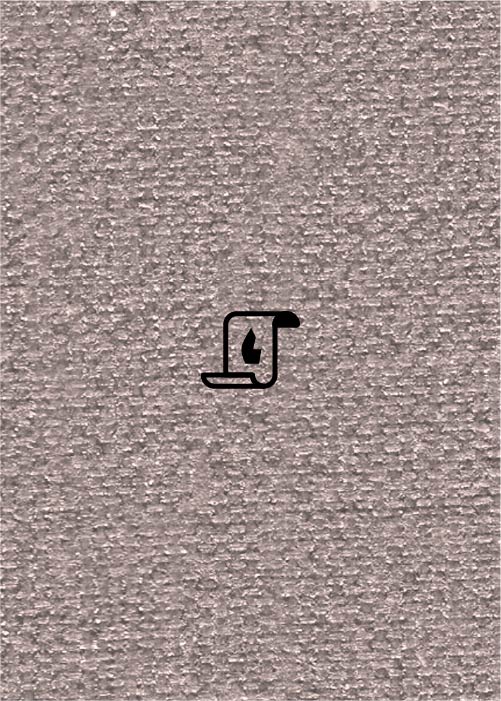(35 results found)
Four Melodies for Four Questions
… the Jewish home as a performing stage, even though major ceremonies of Judaism which include music take place within …
Qad Zawajunī - Here I Was Wed
… customary at day-to-day events as well as during events and ceremonies associated with the life cycle. However, the … Additionally, the songs are connected to life-cycle ceremonies such as weddings, births, and deaths. [2] Jewish … performed in Israel as part of the Moroccan Jewish h enna ceremonies. The timing of the ceremony itself, in which the …

Hatikvah: Conceptions, Receptions and Reflections
… with remarkable speed.It also shows how its practice at ceremonies of Jewish institutions, synagogues, schools and …

Shabos-tants (LKT)
… because with that shabbat officially begins the wedding-ceremonies, such as ‘forshpil,’ ‘zmiros’ and their …

Shemele (LKT)
… that introduced the meal and welcome during typical wedding ceremonies in these countries. It is possible and accurate …

Mitsve-tants (LKT)
… guests while the badhan (‘jester’), serving as master of ceremonies, called each guests by name to step forward and … which ought and must, just as with other ancient wedding ceremonies, become abolished.” Rivkind 1962, pp. 45-46 . “ …

Kosher-tants (LKT)
… which ought and must, just as with other ancient wedding ceremonies, become abolished.” Rivkind 1962, p. 46 . “ …

Mekhutenim-tants
… and the desired conclusion from this is that ‘ tenoim’ ceremonies in various countries were certainly arranged with … that introduced the meal and welcome during typical wedding ceremonies in these countries. It is possible and accurate …

Beroyges-tants
… that introduced the meal and welcome during typical wedding ceremonies in these countries. It is possible and accurate …

Bazetsens (LKT)
… sung by the badkhn or marshalik [wedding poet/master of ceremonies] to a contemplative musical accompaniment similar …



